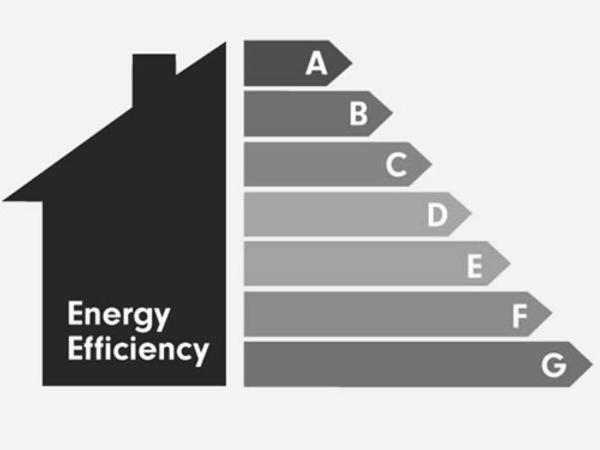
Date: 12 December 2023
This crucial text for the Green Deal and the flat glass industry is meant to make the Renovation Wave a reality, helping to double the annual energy renovation rate by 2030. Glass for Europe welcomes an encouraging agreement in spite of lowered ambitions on some key points. Further initiatives will need to take place to effectively reduce energy use in buildings.
On the introduction of minimum energy performance standards (MEPS) – the key new addition of this recast – the ambition unfortunately fell short. For residential buildings, the primary energy reduction targets of 16% and 20-22% of the overall energy consumption of the building stock respectively for 2030 and 2035 will require little additional efforts from Member States. The level of ambition is unlikely to lead to new structural measures with a strong focus on buildings’ envelope and the main source of energy loss. Additionally, the broadened scope of the measures to be implemented and the many exemptions give important leeway to Member States to design measures. The focus put on worst-performing buildings (55% of the renovations to be undertaken with MEPS) and the slightly higher ambition for non-residential buildings could however encourage Member States to consider more targeted support schemes.
Relevant additions have nevertheless been made to the scope of the directive such as the introduction of deep renovations and a zero-emission buildings standard to move towards a carbon neutral building block. They should help facilitating the renovations processes for both citizens and businesses. Provisions on the whole-life carbon of new buildings should also help getting a better understanding of the embedded carbon emissions of buildings and therefore help choosing optimal materials – such as glazing – for the construction of zero-emission buildings. Finally, we welcome the clear deadlines set for the solar mandate which will help boosting the EU’s renewable energy capacities.
Glass for Europe encourages the Parliament and the Council to swiftly confirm the provisional deal. Once the agreement is approved by the EU institutions, important work will then start at national level. Glass for Europe will remain mobilised to ensure that Member States seize the EPBD recast as an opportunity to develop ambitious long-term policies to tackle the building block’s emissions.
 600450
600450








Add new comment